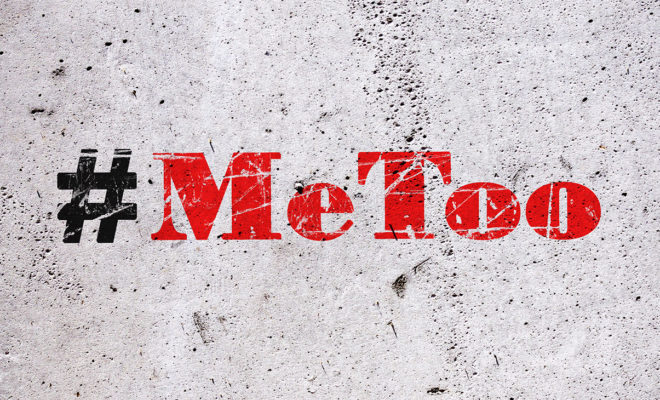Crime
Reporting Sexual Assault in India is Still ‘A Nightmare’

Reporting rapes has always been fraught, with the stigma of sexual assault so severe that every attempt is made to keep it silent or just blame the victim.
Five years ago, India was shocked by the brutal gang rape and murder of a medical student in New Delhi. The government promised change and introduced legal reforms and support services to help victims of sexual violence, including fast-track courts, one-stop crisis centers for women, and guidelines for medical and legal care for victims.
A new report by Human Rights Watch, however, reveals that little has changed. Victims of rape and sexual assault are still subjected to humiliation, doubt and hostility when they try to report their experiences, including unnecessary “two-finger” tests and questions about their promiscuity by police, medical and legal workers.
The report examines 21 cases, 10 of those involving girls under the age of 18, and those interviewed spoke about how police and medical professionals questioned victims’ moral character and why they were out alone at night.
“There is a realization, an acknowledgement from the government that this is a huge challenge,” said Jayshree Bajoria, who authored the report. A lack of enforcement and oversight, and a culture of victim-blaming, she said, means women in India still face doubt and shaming when they approach the criminal justice system.
Doctors who are supposed to provide rape victims with free medical care, often forced them to undergo unnecessary “two-finger tests” checking victim’s vaginas “to make degrading and unscientific characterizations” about women’s promiscuity.
Many reported police officers were unwilling to record their complaints, instead pressuring victims to privately find a compromise with the perpetrator.
Legal assistance and legal aid were not offered to any of the 21 victims despite a Supreme Court ruling that police should provide such assistance and keep a list of legal aid options.
When it comes to gender relations, India remains a deeply conservative society. In 2012, the year of the New Delhi gang rape, India was ranked by gender experts as the worst place among G-20 countries to be a woman.
Reporting rapes has always been fraught, with the stigma of sexual assault so severe that every attempt is made to keep it silent or just blame the victim.
Conservative attitudes also remain widespread, even at the highest levels. Comments from politicians about women asking for it by the way they dress – such as after a widely publicized assault on women in the streets of Bangalore in January – are common.
As researcher Madhumita Pandey noted after interviewing a 100 convicted rapists in Indian prisons, the men were not outliers but rather products of the society. “They are really ordinary. What they’ve done is because of upbringing and thought process,” she said.
The case of the medical student in New Delhi, however, has prompted efforts to change those attitudes and in addition to the new laws, protests and demonstrations by women are becoming more frequent. But as the recent Human Rights Watch report shows, there still is a long way to go.
“Just the act of reporting rape shouldn’t become a nightmare,” report author Bajoria said. “In many ways, this is an early warning that the good intentions and good policies are not working.”
© The Washington Post

You must be logged in to post a comment Login